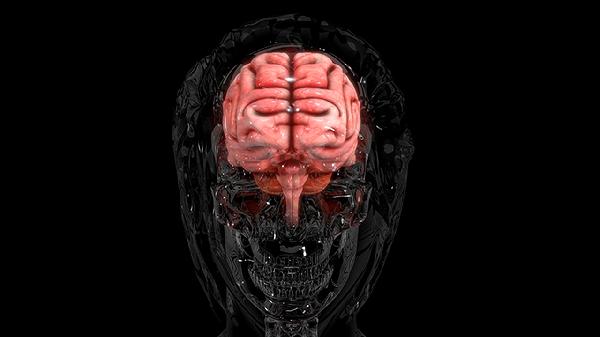Mandy Teefey's journey with mental health is a raw, unfiltered look at what it means to navigate life with bipolar disorder—especially when the world around you doesn’t quite get it. From feeling like an outsider in her own family to battling misdiagnoses and medication side effects, her story isn’t just about struggle; it’s about resilience, self-advocacy, and the messy reality of finding balance when your brain chemistry refuses to cooperate.
The Early Years: A Lifetime of Feeling "Other"
Teefey’s story starts with adoption, a fact that shaped her identity long before mental health entered the picture. "My parents are my parents," she insists, but that didn’t stop the nagging sense of difference. By 17, the emotional rollercoaster kicked into high gear—uncontrollable crying jags, unpredictable mood swings, and a gnawing confusion about why everyday life felt like climbing Everest in flip-flops. Back then, mental health wasn’t a dinner-table topic. "Crazy or normal—that was the checkbox," Teefey recalls. No in-between, no nuance. Just a generation raised to tough it out, even when "toughing it out" meant white-knuckling through manic episodes alone.
The Diagnosis Dilemma: Twelve Doctors Later
Teefey’s 20s became a revolving door of psychiatrists, therapists, and well-meaning but often clueless professionals. Imagine playing medical roulette: one pill turns you into a zombie, another launches you into a nonstop "I can do anything!" high (fun until you crash into exhaustion). It took over a decade—and a dozen doctors—to land on bipolar II disorder, a diagnosis that finally made sense of the chaos. Lamictal, an anti-seizure drug repurposed for mood stabilization, became her lifeline. For years, it worked—until it didn’t. Menopause hit, and the medication that once steadied her started triggering grand mal seizures. Talk about a cruel plot twist. Picture this: Teefey, mid-production on "13 Reasons Why," collapsing between takes, waking up disoriented, and still pushing forward because Hollywood doesn’t pause for health crises.
When Treatment Turns Traitor: Medication Side Effects
Here’s the kicker—sometimes the cure is as brutal as the condition. Lamictal’s seizure side effect wasn’t just inconvenient; it was life-threatening. Teefey’s body was essentially rebelling against the very thing that kept her balanced. The timing couldn’t have been worse: seizures struck during one of her busiest career phases, forcing her to step back from a high-profile project to prioritize survival. It’s a stark reminder that mental health treatment isn’t one-size-fits-all. What works today might backfire tomorrow, especially when hormones, stress, and genetics decide to gang up on you.
Breaking the Stigma: Why Teefey Speaks Up
Teefey’s transparency about her struggles isn’t just cathartic—it’s revolutionary. In an industry that glorifies perfection, admitting to seizures, medication failures, and bipolar disorder is downright rebellious. She’s flipped the script, using her platform to normalize conversations about mental health, especially for women navigating midlife hormonal chaos. Her message? "You’re not broken. The system is." By sharing her story, she’s chipping away at the shame that keeps people silent, proving that vulnerability isn’t weakness—it’s a lifeline for others drowning in the same storm.
Life After the Storm: Advocacy and Next Steps
Today, Teefey’s focus is on advocacy—both for mental health awareness and better treatment options. She’s vocal about the gaps in healthcare, particularly for women whose symptoms are dismissed as "just hormones" or "stress." Her partnership with organizations like Wondermind (co-founded with Selena Gomez) pushes for accessible resources and honest dialogue. Because here’s the truth: managing bipolar disorder isn’t about finding a magic pill. It’s about constant adjustment, self-compassion, and fighting for care in a world that often looks the other way. Teefey’s still rewriting her story—one seizure, one episode, one honest conversation at a time.
Mandy Teefey’s journey isn’t wrapped in a tidy bow. It’s messy, painful, and ongoing. But that’s exactly why it matters. In a culture obsessed with quick fixes, her story forces us to sit with the uncomfortable truth: mental health is a marathon, not a sprint. And sometimes, the bravest thing you can do is admit you need a break—or a new doctor, or a different med, or just someone to say, "Yeah, this sucks. But you’re not alone."
























